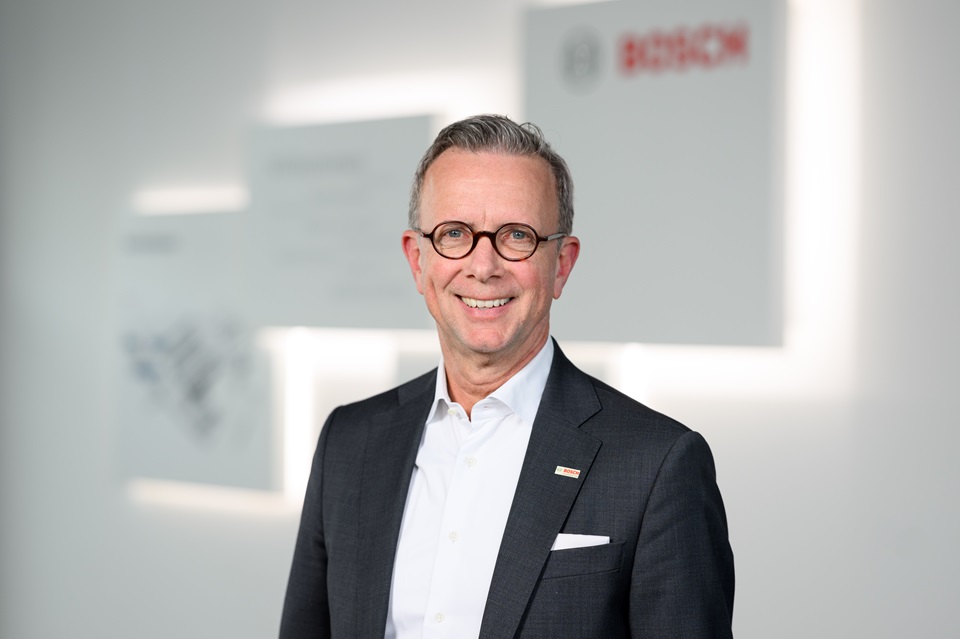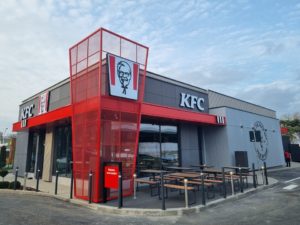Bosch Home Comfort Group achieves double-digit growth in 2023

The Bosch Home Comfort Group achieved sales of 5 billion euros in fiscal 2023, representing nominal growth of 11 percent compared to the previous year, and currency-adjusted growth of around 14 percent. Growth was driven by heat pumps and hybrid heat pump systems: In Germany, sales of heat pumps increased by 84 percent, while sales of hybrid heat pump systems rose by 46 percent.
“These figures underline the Bosch Home Comfort Group’s leading position in sustainable heating solutions and the growing importance of heat pump technology for the entire European market,” says Jan Brockmann, CEO of the Bosch Home Comfort Group. “Last year, we already operated in a volatile market environment. High interest rates and a weak rate of new construction are also influencing the heating market,” explains Brockmann.
The European picture is mixed: While markets with clearly defined subsidy programmes such as the Netherlands have seen significant growth in heat pumps and hybrid heat pump systems, other markets have seen a decline. However, the Bosch Home Comfort Group expects demand to stabilise and growth to return to normal in the medium term.
Compared to 2022, the company increased its research and development expenditure by 19 percent to 256 million euros. At around 14,600, the headcount was slightly higher than in the previous year. “We look back on a successful financial year, which was influenced by political decisions. One thing is for certain: without heat pumps and hybrid heat pump systems, it will not be possible to achieve a carbon-neutral building stock. That is why we will continue to pursue our electrification approach with great determination,” adds Brockmann.
Subsidy conditions ensure an increase in demand in the medium term
The Bosch Home Comfort Group expects the German market to get off to a slow start in the first half of 2024. The fact that subsidy conditions remained unclear for an extended period of time last year led to uncertainty among consumers and led to a decline in the number of applications for heat pump subsidies. “The subsidy conditions are now clear to consumers. We are cautiously optimistic that domestic demand for heat pumps and heat pump hybrids in Germany will increase again from mid-2024,” explains Jan Brockmann. In order to achieve climate neutrality in the German building sector, heat pumps and heat pump hybrids must be affordable for households in terms of purchase and operating costs. “We still believe that the Gebäudeenergiegesetz (Building Energy Act) should be expanded to include additional solution options such as ventilation systems with heat recovery,” adds Brockmann. “Regardless of this, now is a good time to take advantage of the attractive subsidy programme and opt for a heat pump or heat pump hybrid.”














